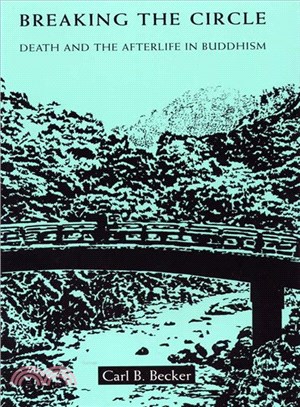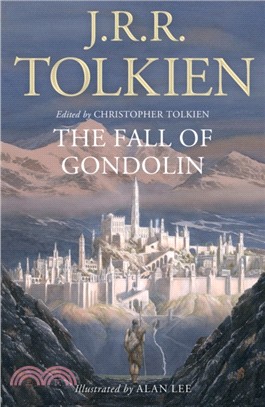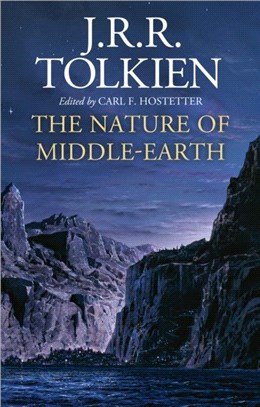Breaking the Circle ─ Death and the Afterlife in Buddhism
商品資訊
ISBN13:9780809319329
出版社:Southern Illinois Univ Pr
作者:Carl B. Becker
出版日:1993/11/01
裝訂:平裝
規格:22.2cm*14.6cm*1.9cm (高/寬/厚)
定價
:NT$ 1860 元無庫存,下單後進貨(到貨天數約30-45天)
下單可得紅利積點:55 點
商品簡介
作者簡介
相關商品
商品簡介
In this much-needed examination of Buddhist views of death and the afterlife, Carl B. Becker bridges the gap between books on death in the West and books on Buddhism in the East. Other Western writers have dealt with the mysteries surrounding death and the afterlife, but none have approached the topic from a Buddhist perspective. Here, Becker addresses questions that have troubled scholars since the beginning of Buddhism: How can Buddhism reconcile its belief in karma and rebirth with its denial of a permanent soul? What is reborn? And when, exactly, is the moment of death?
By systematically tracing Buddhism's migration from India through China, Japan, and Tibet, Becker demonstrates how culture and environment have affected Buddhist religious tradition. For example, the Chinese changed the Buddhist emphasis from cyclical rebirth to a single rebirth in a heavenly realm. The strength of Japanese traditions of this-worldliness, family life, and seafood also came to replace the Buddhist concerns for asceticism, celibacy, and vegetarianism.
Becker uses metaphors and examples to illuminate obscure ideas. In defense of the reincarnation hypothesis, for instance, he cites the example of an Indian girl who remembered things that could only have been known by an old man she claimed to have been in a previous existence. She also exhibited language and other skills possessed by the old man that she had not acquired in her present lifetime.
In addition to discussing historical Buddhism, Becker shows how Buddhism solves controversial current issues as well. In the face of modern medicine's trend toward depersonalization, traditional Buddhist practices imbue the dying process with respect and dignity. At the same time, Buddhist tradition offers documented precedents for decision making in cases of suicide and euthanasia.
Translations of sacred terms accompany Becker's clear presentations of complicated Buddhist concepts. His exhaustive bibliography includes classical Buddhist texts and works by leading Buddhist scholars, both Eastern and Western.
By systematically tracing Buddhism's migration from India through China, Japan, and Tibet, Becker demonstrates how culture and environment have affected Buddhist religious tradition. For example, the Chinese changed the Buddhist emphasis from cyclical rebirth to a single rebirth in a heavenly realm. The strength of Japanese traditions of this-worldliness, family life, and seafood also came to replace the Buddhist concerns for asceticism, celibacy, and vegetarianism.
Becker uses metaphors and examples to illuminate obscure ideas. In defense of the reincarnation hypothesis, for instance, he cites the example of an Indian girl who remembered things that could only have been known by an old man she claimed to have been in a previous existence. She also exhibited language and other skills possessed by the old man that she had not acquired in her present lifetime.
In addition to discussing historical Buddhism, Becker shows how Buddhism solves controversial current issues as well. In the face of modern medicine's trend toward depersonalization, traditional Buddhist practices imbue the dying process with respect and dignity. At the same time, Buddhist tradition offers documented precedents for decision making in cases of suicide and euthanasia.
Translations of sacred terms accompany Becker's clear presentations of complicated Buddhist concepts. His exhaustive bibliography includes classical Buddhist texts and works by leading Buddhist scholars, both Eastern and Western.
作者簡介
Carl B. Becker is an associate professor of humanities at Kyoto University in Japan.
主題書展
更多
主題書展
更多書展今日66折
您曾經瀏覽過的商品
購物須知
外文書商品之書封,為出版社提供之樣本。實際出貨商品,以出版社所提供之現有版本為主。部份書籍,因出版社供應狀況特殊,匯率將依實際狀況做調整。
無庫存之商品,在您完成訂單程序之後,將以空運的方式為你下單調貨。為了縮短等待的時間,建議您將外文書與其他商品分開下單,以獲得最快的取貨速度,平均調貨時間為1~2個月。
為了保護您的權益,「三民網路書店」提供會員七日商品鑑賞期(收到商品為起始日)。
若要辦理退貨,請在商品鑑賞期內寄回,且商品必須是全新狀態與完整包裝(商品、附件、發票、隨貨贈品等)否則恕不接受退貨。
























